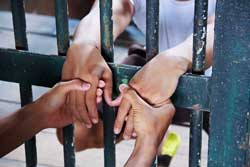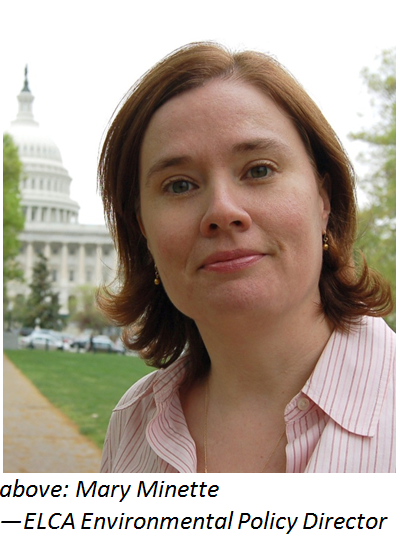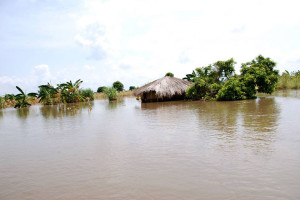In the State of the Union speech last month, President Obama reaffirmed his priorities and his interest on passing trade agreements with Asia and the European Union. These agreements, he claimed, would “protect our workers, protect our environment and open new markets to new goods stamped ‘Made in the USA.'” Announcing his intentions, the President is now looking to Congress to help pass three main pieces of legislation, including:
- Trade Promotion Authority (TPA) – the authority of the President to negotiate trade agreements from Congressional approval. It is a technique which has been used to block opportunities for dissenting members of Congress to amend or filibuster an agreement.
- The Trans-Pacific Partnership Act (TPP) – A trade agreement between 11 different countries in the Pacific Ocean Region. Congress and the public have not seen the trade agreement itself, making it difficult to know the final compromises and agreements.
- The Trans-Atlantic Trade and Investment Partnership (TTIP) – A trade agreement with European Union members.
Trade may at times seem insignificant, but it affects many aspects of our daily lives: from jobs, wages, and benefits, to international relations and global poverty. In light of the globalizing economy and reality of these new agreements, we must ask ourselves as people of faith, “will these policies help all of God’s people thrive?”
The Evangelical Lutheran Church of America supports policies which help promote holistic economic growth, recognizing the value of raising families out of poverty and fostering a “sufficient, sustainable livelihood for all” (see the ELCA Statement on Economic Life). We believe that everyone should be able to support themselves and prosper within an economy.
Proponents of TPA support the trade agreements because it shows a united government during trade negotiations, creating stronger leverage in the trade talks. However, there is concerned about haste in passing these agreements. Some have indicated that there won’t be enough time to read the agreement, debate it, or know what agreements will actually be upheld in the final version. Opponents worry that, if written carelessly, agreements may continue to weaken standards that harm workers (both domestically and internationally), enable policies which harm the environment, and prey on marginalized communities for their resources. With that being said, strong trade policy can be a chance to create regulations that benefit both businesses and consumers.
The Church has acknowledged that what is in our interest must be placed in the context of what is good for the neighbor.When making decisions in the economic realm how our actions affect our neighbors must also be taken into consideration.Sudden shifts in globalized capital and financial markets can dramatically affect the economic well-being of millions of people, for good or for ill (ELCA statement on Economic Life).
Some Members of Congress have also explained how TPP and TTIP could be a chance to set high-standard trade rules for the international community. These trade agreements could create regulations that benefit both American businesses and consumers. Although TPP and TTIP can be a chance to create regulations that benefit both American businesses and consumers, terms of trade often work to the disadvantage of developing countries. Furthermore, benefits of trade agreements hinge on whether or not the countries signatory to them honor them as well whether there are ways to enforce the trade agreements.
Trade agreements are important reflections of our values as a country and can have a positive or detrimental effect on the daily lives of billions of people. With TPP agreements to finish in March, we will continue to support policies that are inclusive and protect marginalized populations. Trade agreements should give everyone a chance to thrive and create a livelihood can be an agreement we all can stand behind. In the Gospel of Luke, Jesus brings good news to the poor and releases the captive. God executed justice for the oppressed. As followers of Christ, we must ensure that the actions of our government do not cause dire consequences to those with less power.



 If you’ve been reading the “Living Earth Reflections” I send each month, you probably know that I get a little obsessive about food waste. I lay that at the feet of my depression-era mother, who never had a leftover too small to stick in a little plastic container against some future need. For her to do otherwise would have gone against what she was taught during her childhood. Food was a gift and a blessing, especially in times of scarcity. To waste it was wrong.
If you’ve been reading the “Living Earth Reflections” I send each month, you probably know that I get a little obsessive about food waste. I lay that at the feet of my depression-era mother, who never had a leftover too small to stick in a little plastic container against some future need. For her to do otherwise would have gone against what she was taught during her childhood. Food was a gift and a blessing, especially in times of scarcity. To waste it was wrong.
